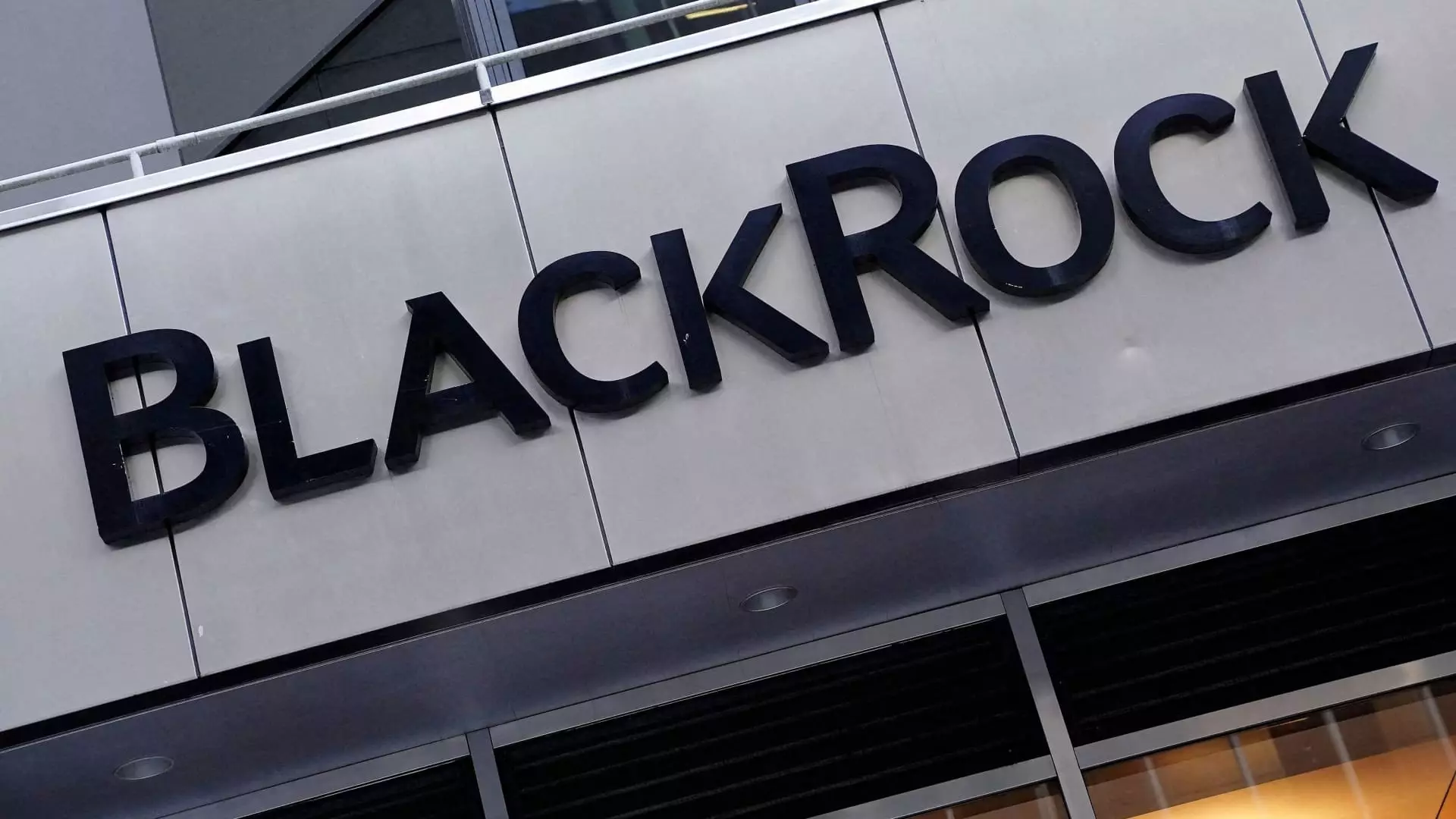In a significant move that reflects the growing intersection of traditional finance and blockchain technology, BlackRock has broadened its USD Institutional Digital Liquidity Fund (BUIDL). Initially launched on Ethereum in March, the fund now embraces multiple blockchains, including Aptos, Arbitrum, Avalanche, OP Mainnet, and Polygon. This expansion not only marks BlackRock’s commitment to innovation in the financial sector but also underscores the increasing acceptance of decentralized finance (DeFi).
The tokenization of real-world assets—such as cash, gold, and real estate—is an appealing concept for many financial institutions, especially as a way to mitigate the risks associated with cryptocurrencies while leveraging blockchain technology’s advantages. BlackRock’s BUIDL fund exemplifies this trend, allowing investors to earn U.S. dollar yields through a blockchain-based mechanism. This is a striking contrast to the traditional financial structures that have dominated the investment landscape for decades.
Robert Mitchnick, BlackRock’s head of digital assets, aptly articulated this dichotomy: BlackRock previously integrated cryptocurrency exposures into a traditional finance framework with its iShares Bitcoin Trust. Now, with the BUIDL fund, the company is reversing this strategy by wrapping traditional finance investments in a crypto-friendly format. This duality showcases a transformative approach that could redefine how investors view the relationship between traditional financial assets and innovative technologies.
BlackRock’s announcement came on the heels of a notable rally in cryptocurrency values, fueled largely by political shifts following Donald Trump’s electoral victory. His campaign promised a more favorable regulatory stance towards cryptocurrencies, a sharp pivot from the previous administration’s approach, which has been characterized by stringent enforcement tactics led by the U.S. Securities and Exchange Commission (SEC). Consequently, this could create a more conducive environment for crypto-related projects and DeFi initiatives.
While DeFi holds significant promise, the sector has struggled under the weight of regulatory uncertainties. The characterization of certain DeFi tokens as securities in lawsuits against prominent exchanges like Binance and Coinbase reveals the tension between innovative financial practices and governmental oversight, highlighting the need for more clarity in this evolving landscape.
BlackRock’s Strategic Vision
The BUIDL fund’s tokenization through Securitize, a firm specializing in converting traditional assets into digital formats, is a strategic maneuver by BlackRock that illustrates its forward-thinking approach. As financial institutions increasingly explore the potential of blockchain technology, this partnership signals a commitment not just to innovation, but to aligning with cutting-edge firms that can facilitate the transition into this new paradigm.
BlackRock’s expansion into tokenized assets through its BUIDL fund represents a critical development in the ongoing evolution of finance. By harnessing the foundational benefits of blockchain while navigating the complexities of regulatory dynamics, BlackRock is not only poised to capture market opportunities but also to play a pivotal role in shaping the future of decentralized finance. As traditional finance and DeFi continue to converge, the ultimate outcome of this fusion could redefine investment landscapes for generations to come.

